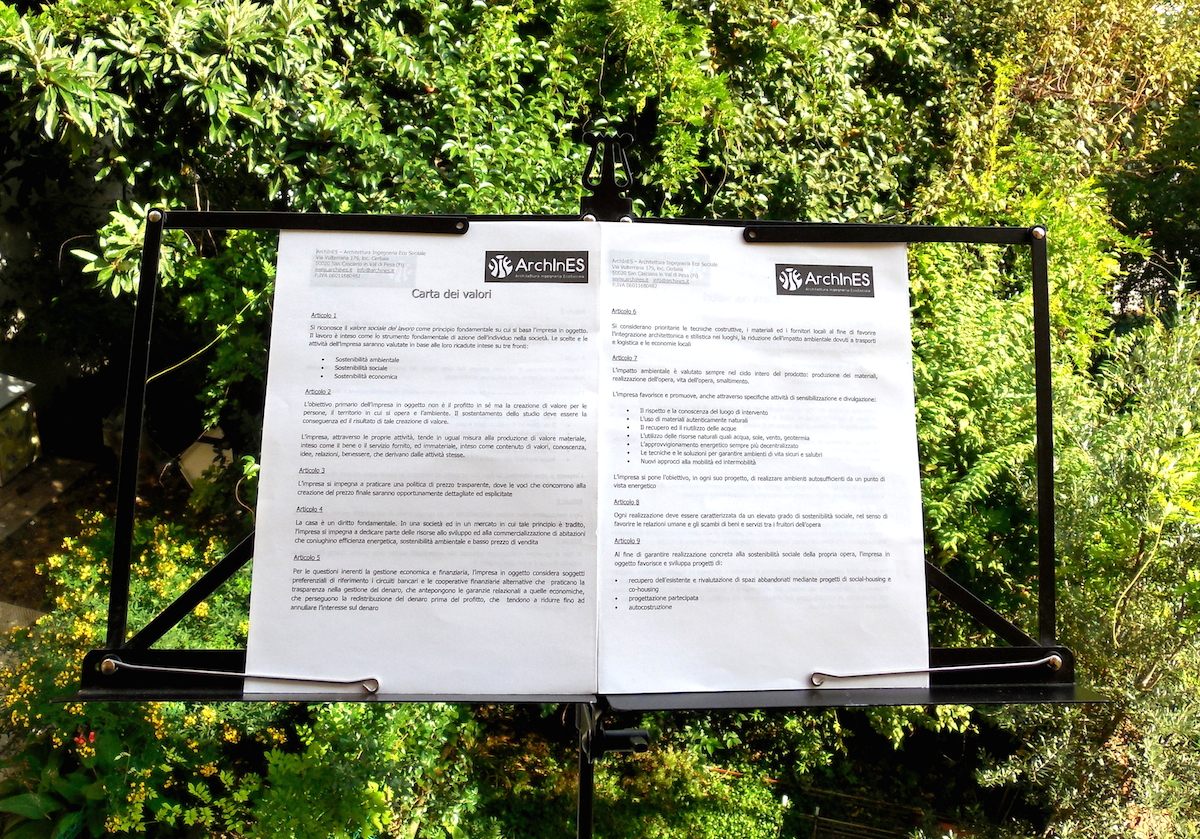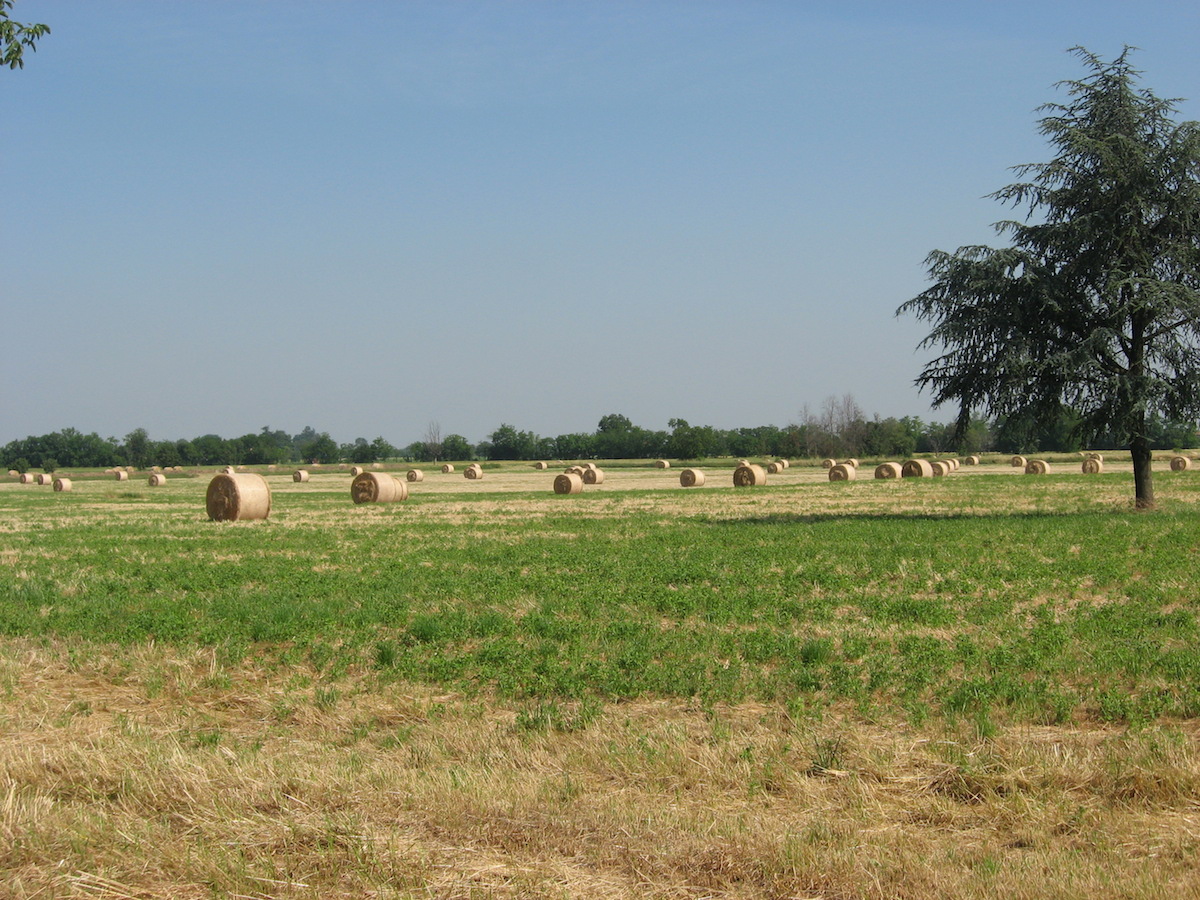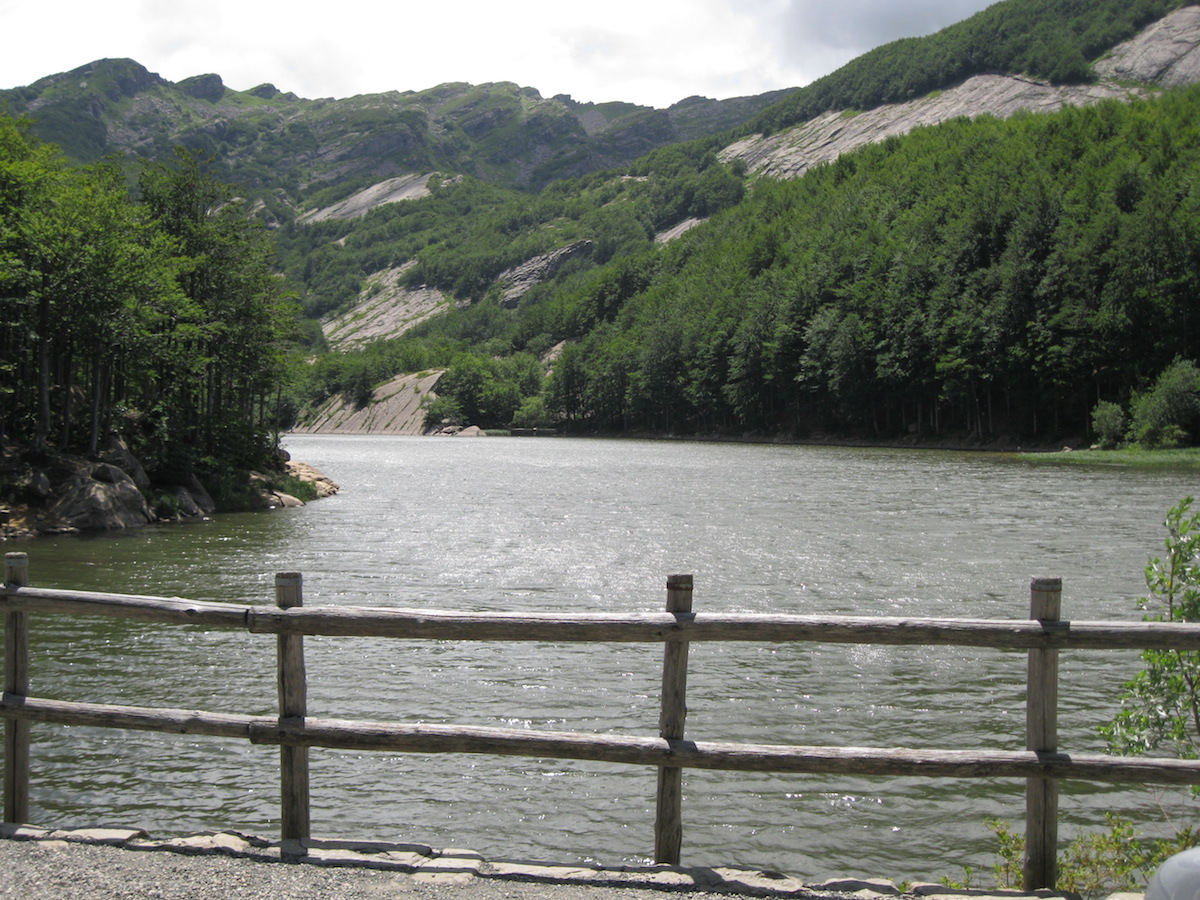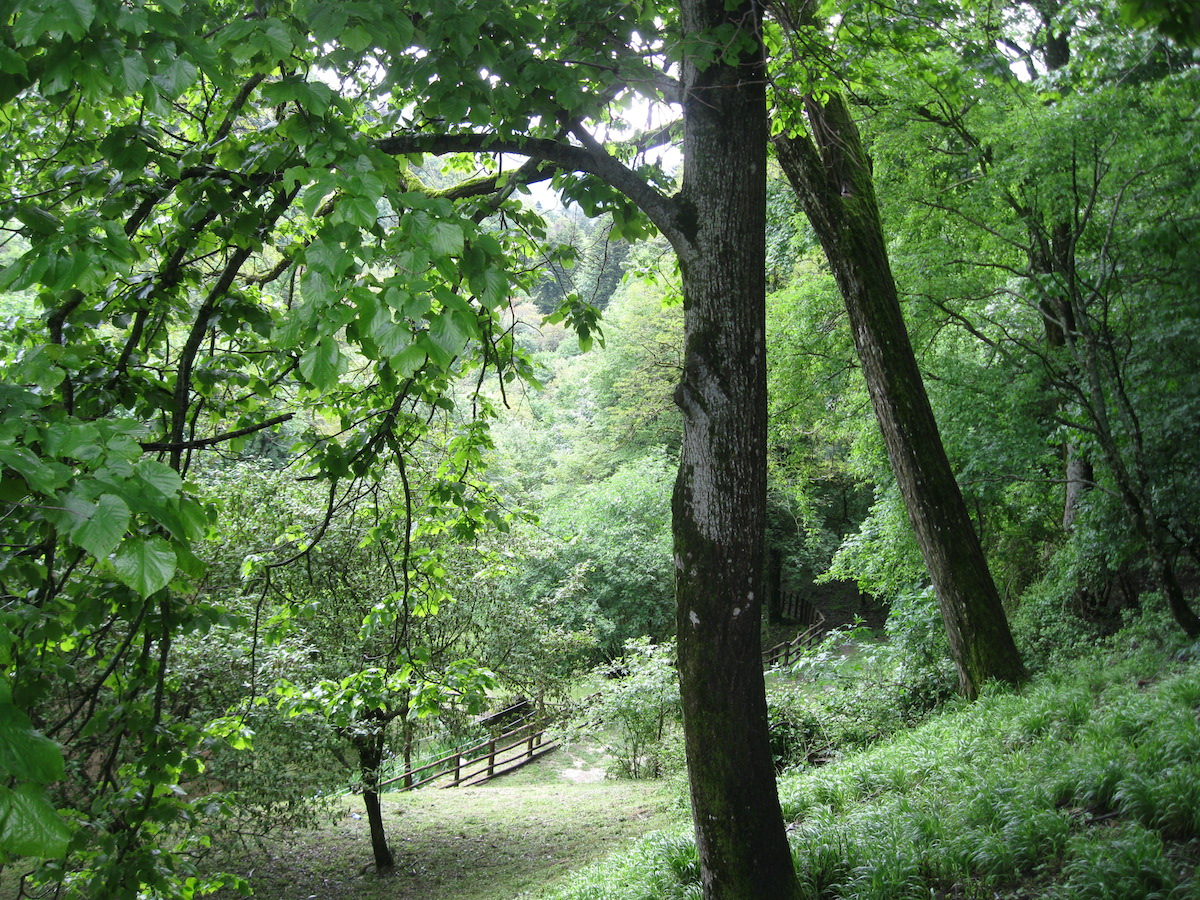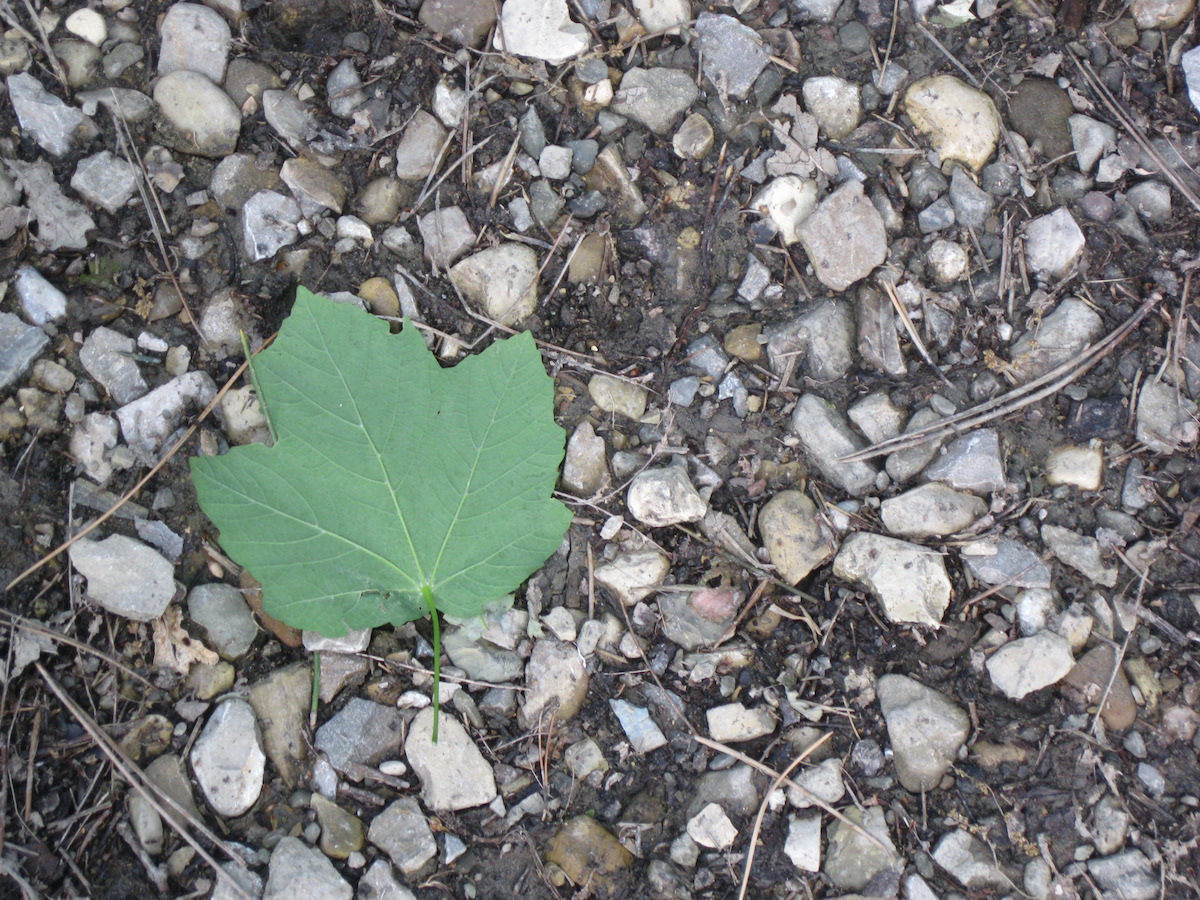In general, when evaluating a solution, a product or a service, we talk about technical-economic viability. ARCHIN-ES wants to overcome this approach by aiming at a social-technical-economic viability, where social value is always at the centre of the working initiative. Projectuality cannot overlook social sustainability in reference to the whole production chain which includes financiers, customers, collaborators and suppliers. ARCHIN-ES has developped an evaluation paper as reference and guide to its activity:
Article 1
The social value of work is to be acknowledged as the fundamental principle on which the company in object it based. Work is the fundamental instrument of action of an individual in Society. The choices and activity of the company will be evaluated on the basis of their consequences on three different fronts:
- Environmental Sustainability
- Social Sustainability
- Economic Sustainability
Article 2
The primary objective of the studio is not profit in itself, but the creation of value for the people, the territory in which it operates and the environment. The sustainability of this studio has to be the consequence and the result of this creation of value.
Through its own activity, the studio aims, in equal measure, towards the production of material value, intended as the good or the service supplied, and immaterial, intended as the contents of values, know-how, ideas, relationships, well-being, that result from the activities themselves.
Article 3
The studio commits itself to practice a transparent price policy, where the issues that concur to the creation of the final price will be appropriately detailed and explained.
Article 4
The house is a fundamental right. In a society and in a market where this priciple is betrayed, the studio commits itself to deicating part of the resources to the development and the commercialisation of homes that combine energy efficiency, environmental sustainability, low sales prices together.
Article 5
For financial and economic management matters, the company in object considers bank circuits and alternative financial cooperatives that practice transparancy in the management of money, that favour relational guarantees to economic ones, that persue redistribution of money before profit and that aim at reducing to zero interests on money, as preferential reference subjects.
Article 6
Constructive techniques, materials and local suppliers, the favouring of architectural and stilistic integration in sites, the reduction of environmental impact due to transport and logistics and local economies are considered priorities.
Article 7
The environmental impact is always evaluated on the entire cycle of the product: production of materials, realisation of the works, duration of the works, disposal.
Through specific awareness and disclosure activities, the studio favours and promotes:
- Respect and acquaintance with the intervention site
- The use of really authentic materials
- The recovery and reuse of water
- The use of natural resources, water, sun, wind, geothermy
- Always more decentralised energy provision
- Techniques and solutions that guarantee secure and healthy living environments
- New approaches to mobility and intermobility.
The studio aims at creating selfsufficient environments from an energy point of view in all of its projects.
Article 8
Each creation must be characterised by an elevated degree of social sustainability in order to favour human relationships and exchanges of goods and services among the users of the works.
Article 9
In order to provide concrete realization of the social sustainability of their work, the studio favours and develops projects for:
- the recovery of existing spaces and the re-evaluation of abandoned ones through social housing and co-housing projects
- participated planning
- selfconstruction
